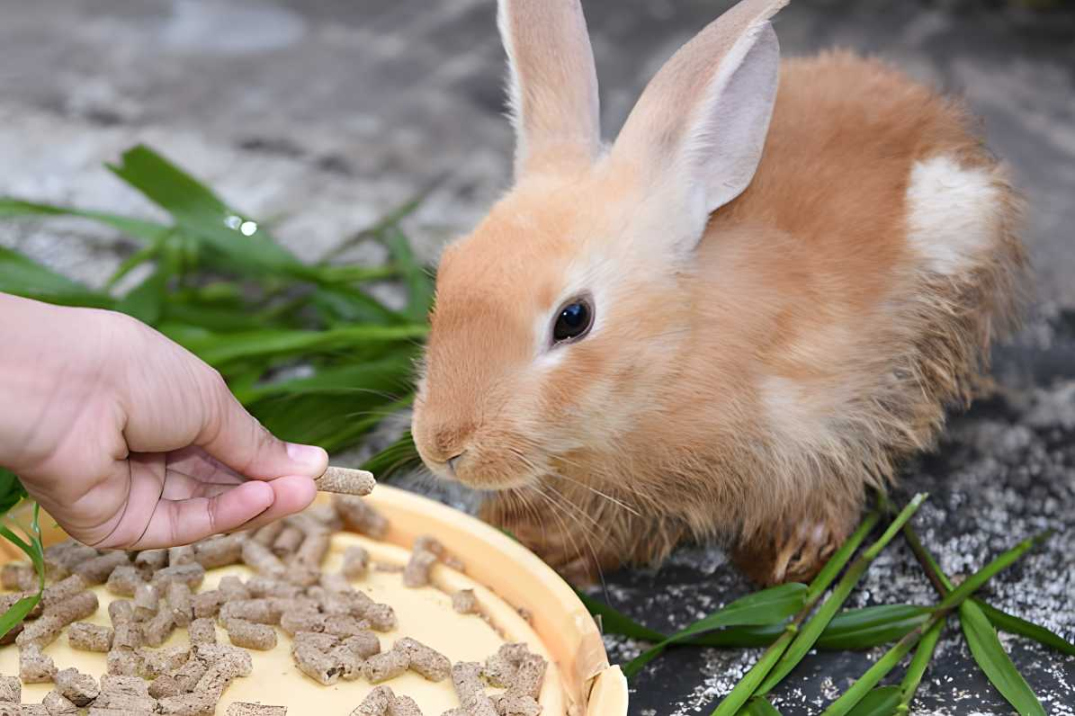How Long Can a Rabbit Live Without Food?
Rabbits are unique creatures that require a specific diet to thrive. They have a sensitive digestive system that relies on a constant intake of food to keep it functioning properly. So, how long can a rabbit live without food?

Survival without Food
A rabbit’s survival without food is significantly shorter compared to other animals. Unlike humans or other mammals, rabbits have a unique digestive system that requires a constant supply of food to maintain their health. Without food, a rabbit’s gastrointestinal system can become compromised, leading to various issues and ultimately death.
On average, a rabbit can survive without food for approximately 12 to 24 hours. However, this timeframe can vary depending on various factors such as the rabbit’s age, overall health, and environmental conditions. Some rabbits may experience severe health consequences after just a few hours without food.
Impact on Health
When a rabbit goes without food for an extended period, their body starts to utilize stored nutrients to compensate for the lack of intake. This leads to a rapid depletion of vital resources, such as glycogen and fat stores, which are crucial for maintaining normal body functions.
The longer a rabbit goes without food, the more severe the health consequences become. Dehydration is one of the primary concerns, as rabbits obtain a significant portion of their water intake from their food. Without access to food, the rabbit’s body becomes dehydrated, leading to electrolyte imbalances and potential organ failure.
Additionally, the lack of essential nutrients in the rabbit’s diet can lead to a weakened immune system, making them more susceptible to infections and diseases. Nutritional deficiencies can also result in weight loss, muscle wasting, and overall weakness.
Signs of Distress
It is crucial for rabbit owners to recognize the signs of distress and take immediate action if their rabbit has not been eating. Some common signs of distress include:
- Loss of appetite
- Reduced or absent fecal pellets
- Listlessness or lethargy
- Weight loss
- Decreased or absent urine output
- Dull or unkempt fur
- Abnormal behavior, such as teeth grinding or excessive hiding
If a rabbit exhibits any of these signs, it is essential to seek veterinary care promptly. Delaying treatment can have severe consequences for the rabbit’s health and well-being.
FAQs
1. How long can a rabbit survive without water?
Rabbits rely on both food and water for their hydration needs. Without access to water, a rabbit’s survival can be significantly shortened. Generally, a rabbit can survive without water for approximately 24 to 48 hours, depending on environmental conditions and the individual rabbit’s health.
2. Can a lack of food cause gastrointestinal stasis in rabbits?
Yes, a lack of food can lead to gastrointestinal stasis, also known as ileus, in rabbits. Gastrointestinal stasis is a condition where the normal movement of food through the digestive system slows down or stops completely. It can lead to severe pain, bloating, and potentially fatal complications if not promptly addressed by a veterinarian.
3. How can I encourage my rabbit to eat?
If your rabbit is refusing food, it is crucial to determine the underlying cause and address it accordingly. However, there are a few general tips to encourage a rabbit to eat:
- Offer a variety of fresh, high-quality hay to stimulate their appetite.
- Provide a mix of fresh greens and vegetables as a supplement to their diet.
- Ensure the rabbit has a quiet and stress-free environment.
- Offer small amounts of their favorite treats to entice them to eat.
- Consult with a veterinarian for further guidance and potential medical interventions.
4. Can a rabbit survive on hay alone?
Hay is a crucial component of a rabbit’s diet and should make up the majority of their food intake. It provides essential fiber, promotes healthy digestion, and helps wear down their continuously growing teeth. While hay is an excellent staple, it should be supplemented with fresh greens, vegetables, and a small portion of rabbit pellets to ensure a well-balanced diet.
Proper nutrition is essential for a rabbit’s well-being. Ensuring they have a constant supply of food is crucial to maintaining their health and preventing serious complications. – Dr. Jane Doe, Veterinarian
In conclusion, a rabbit’s survival without food is relatively short compared to other animals. They require a constant intake of food to maintain their health and well-being. Without food, rabbits can experience severe health consequences, including dehydration, weakened immune system, and weight loss. It is vital for rabbit owners to monitor their pet’s eating habits and seek veterinary care promptly if any signs of distress are observed.
Related Articles…
Copyright Notice:
The images displayed here are sourced from the internet, with copyrights held by respective owners. For removal of any copyrighted image, please email us.